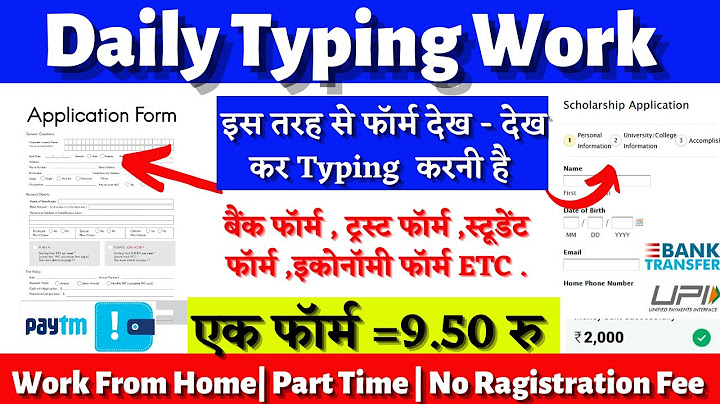Once you decide to try and get pregnant (woohoo!), one of the first steps to take is stopping any hormonal birth control methods you’ve been using to prevent pregnancy. It can feel like a big step. And while there’s no ‘magic’ time to stop certain birth control methods before trying to conceive (as every women’s timeline and cycle is different), here’s what you can expect in terms of timing for different methods of birth control. Show Birth Control PillsIf you’re taking a combination pill (those that have estrogen and progestin), most women’s cycles return to normal within 1-3 months, making pregnancy possible quickly. Most women are able to get pregnant within a year of stopping the pill. Progestin-only pills (sometimes called the mini pill) don’t actually prevent ovulation like combination pills do—instead they thin the lining of your uterus in order to prevent a fertilized egg from implanting. But because the lining starts to thicken again as soon as you stop taking these pills, it’s possible to get pregnant within weeks, or even days. Intrauterine Devices (IUDs) and ImplantsAfter your IUD or implant is removed, it’s actually possible to get pregnant right away, but typically women begin ovulation within a month following removal. Please note: the removal of either of these devices should be done during a scheduled appointment with your provider. Birth Control Patches and Vaginal RingsIt’s possible to get pregnant right after you stop using a birth control patch or a vaginal ring (even if you haven’t gotten a period since you stopped using it). However, it can still take a few months for your menstrual cycle to get back to normal—meaning, the cycle length you experienced prior to using birth control. Not every woman has a 28-day cycle. Most women begin ovulating 1-3 months after they stop using these birth control methods. Injectable Birth Control (Depo-Provera)Unlike other forms of hormonal birth control, there can be a much longer timeline before getting pregnant after using injectable birth control. For some women it can take 10 months or longer for periods and ovulation to start again; although as with other forms of birth control, it’s possible to get pregnant sooner. There’s no way to know how long it will take for you. No matter which form of birth control you used before trying to conceive, it can be helpful to track your menstrual cycle once your periods return to give you a better sense of when you’re ovulating (this is when you’re most fertile and have the highest chances of getting pregnant). There are lots of apps available to help you easily keep track of things, or plain old paper and pencil can work too. It’s always a good idea to schedule some time to talk with your provider about your goals of getting pregnant and stopping birth control. Your provider can evaluate your health history, review your other medications and supplements, and potentially make suggestions that could up your chances of getting pregnant. Wishing you luck, lady! Topic OverviewThe amount of time it takes for a woman's full fertility to return after stopping birth control varies for each woman and depends on the birth control method she is using. Your ability to get pregnant gradually decreases as you age, starting at age 25. Poor health and irregular periods may also decrease your fertility. After you stop any form of birth control, you may have a more difficult time getting pregnant simply because you are older than when you started using birth control.
If you get pregnant shortly after stopping the Pill, don't worry. Using oral contraception just before a pregnancy doesn't increase the risks of miscarriage or fetal problems. CreditsCurrent as of: June 16, 2021 Author: Healthwise Staff How long does it take to get pregnant after stopping birth control pills?You may be able to get pregnant within 1-3 months of stopping a combination pill -- meaning those that have estrogen and progestin. But most women can get pregnant within a year. One study even found that women who took the pill for more than 4 or 5 years were more fertile than those who used it for 2 years or less.
Is it hard to get pregnant after stopping birth control?Some may make it harder to get pregnant right away. But it's safe to begin trying as soon as you're ready to, even if you were using birth control that contains hormones. Research shows that your chances of miscarriage don't go up if you get pregnant soon after stopping hormonal birth control.
|

Related Posts
Advertising
LATEST NEWS
Advertising
Populer
Advertising
About

Copyright © 2024 nguoilontuoi Inc.


















